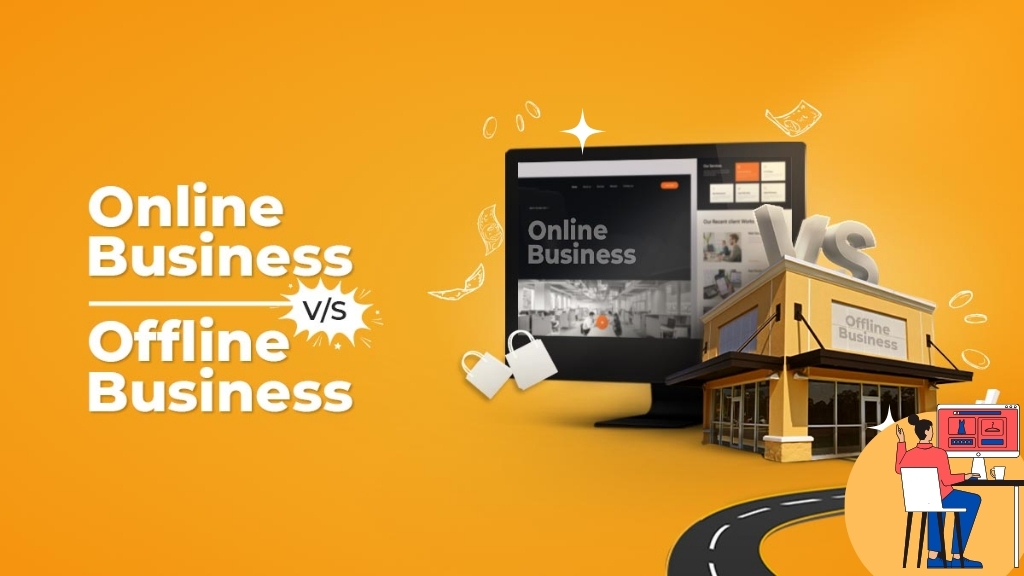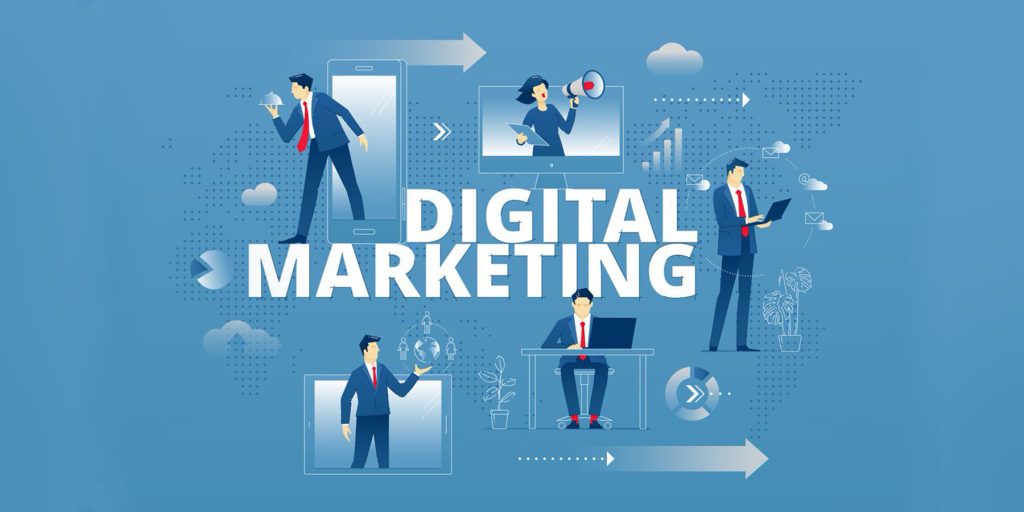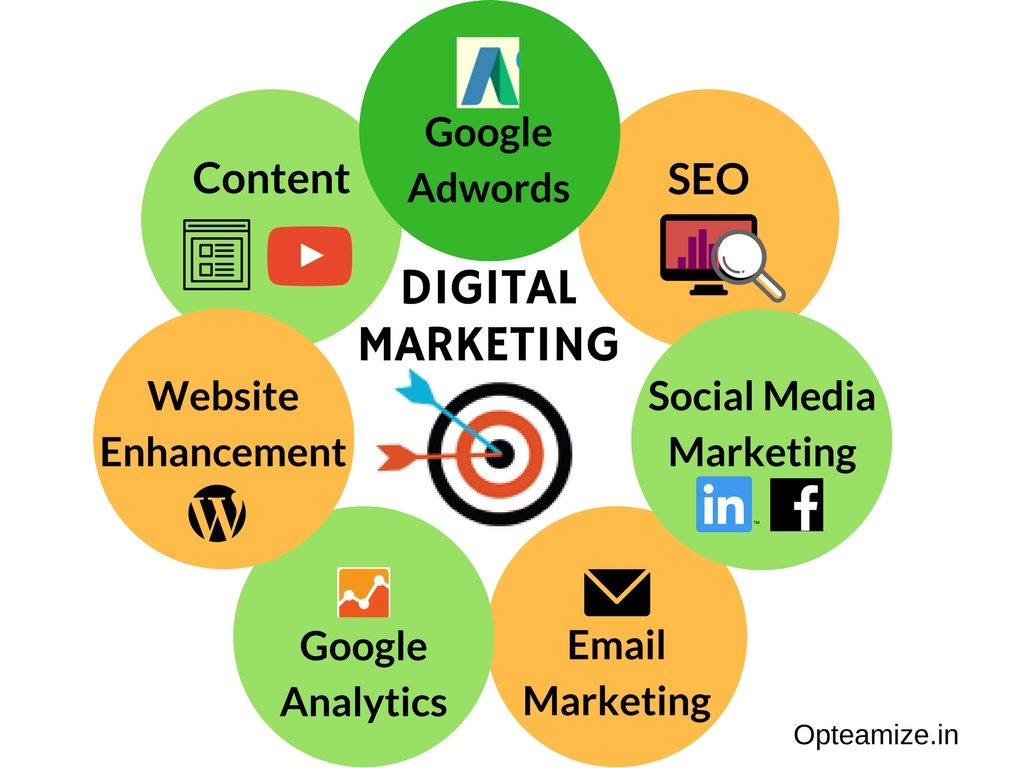In the dynamic landscape of commerce, entrepreneurs are faced with a critical decision: Should they establish a physical business with a tangible storefront or venture into the realm of online business? Both avenues offer unique opportunities and challenges, and understanding the distinctions between them is essential for making informed decisions. Let’s delve into a comparative analysis of physical business versus online business to shed light on their respective merits and demerits.
Merits of Physical Business
1. Tangible Presence: The tangible nature of physical stores allows customers to engage directly with products, fostering a sense of trust and authenticity. The ability to touch, feel, and try products before making a purchase often contributes to a more satisfying shopping experience.
2. Personalized Customer Interaction: Face-to-face interactions enable businesses to provide personalized customer service tailored to individual needs. This personal touch can lead to stronger customer relationships, repeat business, and positive word-of-mouth referrals.
3. Local Brand Recognition: Establishing a physical presence within a community can enhance brand visibility and foster a sense of local pride. Building strong ties with the local community can result in loyal customer bases and sustained business growth.
Demerits of Physical Business
1. High Overhead Costs: Rent, utilities, staffing, and inventory management contribute to substantial overhead costs for physical stores. Securing prime retail locations often comes with a hefty price tag, increasing financial barriers for aspiring entrepreneurs.
2. Geographic Limitations: Physical stores are inherently limited by their geographic location, restricting their reach to local or regional markets. Expanding beyond these boundaries can be challenging and may require significant investment in additional storefronts.
3. Operational Constraints: Operating within fixed hours can pose challenges in catering to the needs of modern consumers who seek convenience and flexibility. Adhering to rigid operational hours may result in missed opportunities and reduced competitiveness.
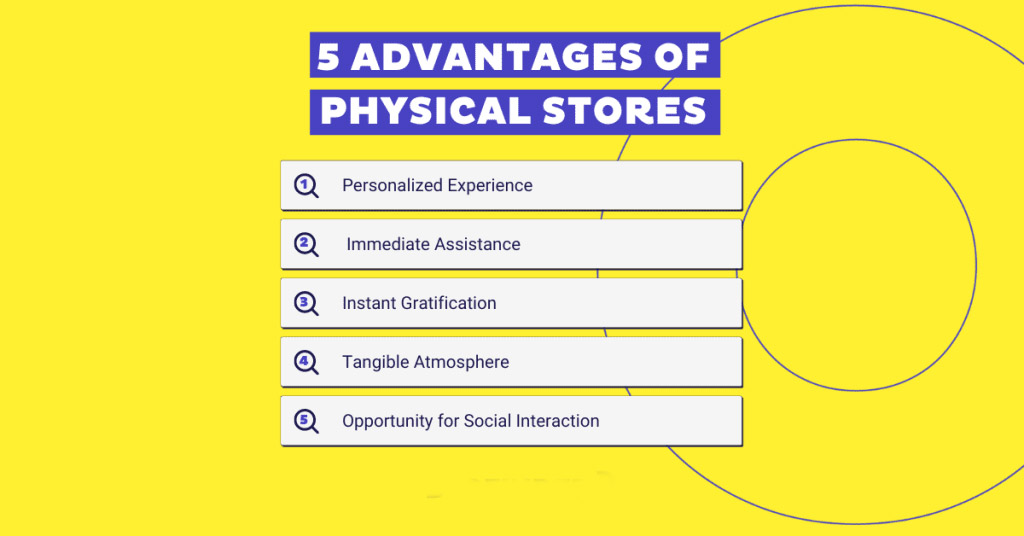
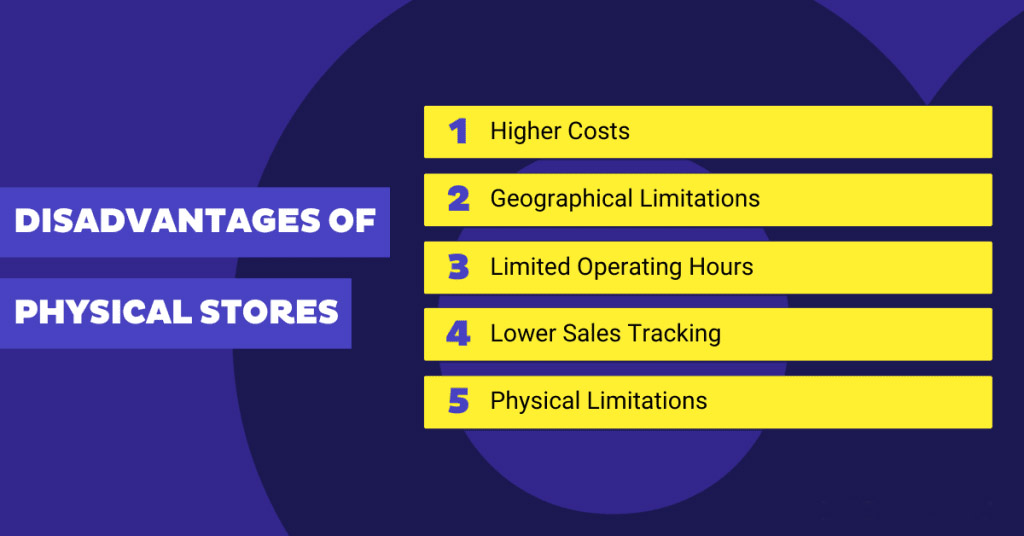
Merits of Online Business
1. Global Reach: Perhaps the most significant advantage of online businesses is their ability to transcend geographical barriers and reach a global audience. With e-commerce platforms and digital marketing strategies, entrepreneurs can tap into diverse markets and expand their customer base exponentially.
2. Lower Overhead Costs: Compared to physical stores, online businesses generally have lower overhead costs as they eliminate expenses related to rent, utilities, and physical infrastructure. This cost efficiency allows entrepreneurs to allocate resources towards product development, marketing, and customer acquisition.
3. 24/7 Accessibility: Online businesses operate round-the-clock, providing customers with the convenience of shopping anytime, anywhere. This accessibility caters to the needs of modern consumers who value flexibility and instant gratification, thereby enhancing the overall shopping experience.
Demerits of Online Business
1. Intense Competition: The digital marketplace is saturated with competitors vying for consumer attention, making it challenging for new entrants to stand out. Effective digital marketing strategies and unique value propositions are essential for gaining a competitive edge in this crowded landscape.
2. Lack of Personal Interaction: Unlike physical stores, online businesses may struggle to establish personal connections with customers. Building trust and rapport solely through digital channels requires innovative approaches to customer engagement and communication.
3. Cybersecurity Risks: Online businesses are susceptible to cybersecurity threats such as data breaches, phishing attacks, and payment fraud. Implementing robust security measures and adhering to best practices in data protection are paramount to safeguarding customer information and maintaining trust.
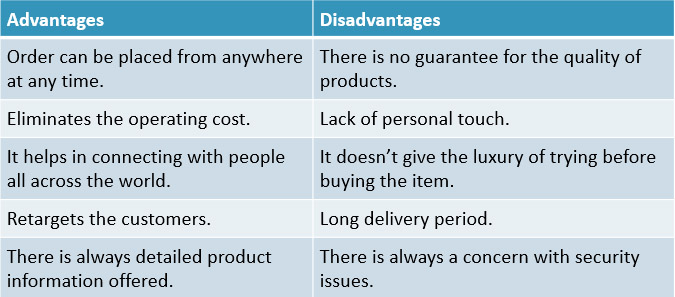
In conclusion, the choice between physical business and online business hinges on various factors, including the nature of the products or services offered, target market demographics, and available resources. While physical businesses offer a tangible presence and personalized customer interaction, online businesses provide global reach, cost efficiency, and 24/7 accessibility. Ultimately, successful entrepreneurship entails leveraging the strengths of both models and adapting to evolving consumer preferences and market dynamics.
